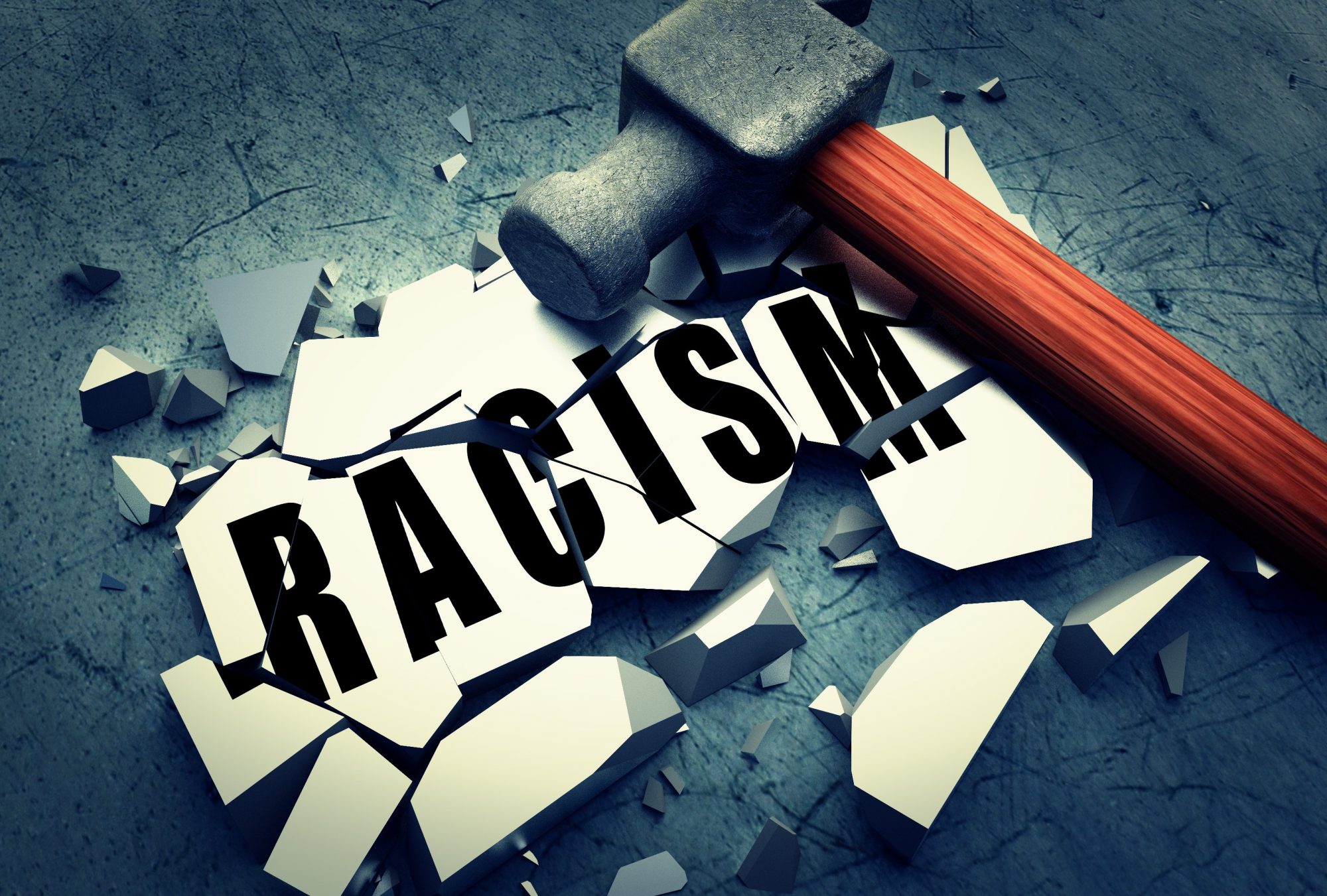“THE SOCIOLOGY OF ME”
“That Bowdoin shirt looks different depending on the person who wears it.”
— A Bowdoin Senior
In The Sociological Imagination, C. Wright Mills challenges us to see how an individual biography and the social forces of history are mutually constitutive; the decisions we make and the identities we inhabit are shaped by the larger world in which we live. Thus, even though we may come to Bowdoin with a strong sense of who we are, we must also pay attention to the ways in which our interactions with various people and institutions can challenge or change those self-perceptions, as well as the conditions under which we may resist the readings of ourselves mirrored by others. For this project, you are to examine how your life and identity intersects with the cultural, institutional, and communal life at Bowdoin. In other words, how has your social location (race, class, gender, sexuality, ability, etc.) shaped your first impressions of Bowdoin as a first-year student?
The goal of this assignment is to think critically about the ways in which your interactions with students, faculty and staff, and institutions reflect the axes of privilege and marginality that arises out of your unique social location. Therefore, to answer this question, you will draw from one week of your experiences as a Bowdoin student. This paper should not be an exhaustive account of your weekly life as a Bowdoin student. Rather, this should function as a thoughtful analysis that builds on carefully selected, specific accounts of your life to spotlight how you find your social location (dis)advantageous in accessing the full Bowdoin experience.
In a brief paper (3 – 5 pages), you should address the following:
- A reflection about the aspects of identity that best define your own sense of self, including the social identities you feel are most salient. You are welcome to isolate one identity or think about the ways these identity categories intersect (i.e. my positionality as a black gay man at Bowdoin). You should also consider why that identity is most salient here.
- At least three examples from your everyday experiences that indicate how the identity categories you mark as salient has limited or enhanced your experience at Bowdoin. At least one of your examples should demonstrates the ways you also occupy a privileged or marginalized position(s) on campus. Some questions to consider:
- How has your social location affected the communities you chosen, the clubs, teams, and organizations in which you participate, and the places where you feel most comfortable occupying?
- How has your social location shaped your access to amenities at Bowdoin? Do you find certain services or certain institutions you cannot access because of your identity?
- How has your social location impacted your access to the traditions and cultural forms most closely associated with the “Bowdoin experience”?
- How does your experience compare to those you imagine as the “typical Bowdoin student” (recognizing that this is an ideal type, but some may closely characterize that type than others)?
- Do you encounter any microaggressions or prejudices on the basis of your social location? How do you confront those when they arise?
- How has your social location (race, class, gender, etc.) enabled or constrained your attachment to Bowdoin as an institution? Your sense of identification to Bowdoin as a student?
- In what ways can you “trade on” your privilege in order to mitigate the obstacles you face on account of your marginalized identities?
- A conclusion that articulates clearly how your experiences at Bowdoin given your relative location inform a broader understanding of Bowdoin as a social institution.
Papers should be in 12-point Times New Roman or similar typeface, with one-inch margins on all sides. Papers should be submitted in a word processing format and uploaded to your OneDrive folder by 5 pm on Friday, September 20. You must give me permission (Theo Greene) to edit your paper.
The professor will not grade this assignment. He will edit it and give constructive criticism on the clarity and organization of your prose, the paper’s organization and coherence, its word choice, grammar, syntax, the essay’s argument and its use of evidence, its citation format, and its overall tone and style.
